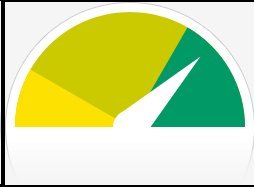This article, by Carla King, originally appeared on the PBS Mediashift blog on 12/29/10.
For over a decade I’ve been speaking at conferences about self-publishing to audiences of dejected, rejected authors. There was always a stigma associated with self-publishing, with many people considering it lower quality vanity press.
But this year, new faces appeared in the crowd: agents, editors, and publishers eager to understand self-publishing. Why? Self-publishing books has finally reached the mainstream, with enough success stories to make it a legitimate part of the publishing world.
Here’s more about this and other trends in 2010, plus some crystal-ball gazing into what’s coming in 2011.
- Self-publishing lost its stigma
In today’s tight traditional publishing market, agents, editors, and publishers are now encouraging authors to test market their book by self-publishing. Yay! Self-publishing has finally lost its stigma. So if you’ve been dissed by agents in the past, 2011 might be your year to try again. Alan Rinzler is a longtime acquiring and developmental editor at major publishing houses and an independent editor with private clients. "Literary agents have been the missing link for self-published writers trying to break through into mainstream publishing," he states in Literary agents open the door to self-published writers. "But new attitudes are taking hold, especially among younger up-and-coming literary agents."
- Ease of tech attracts traditionally published authors to go indie
Technology companies have been wholly responsible for providing tools that let authors easily publish in print and on e-reading devices. "Many of our indie e-book authors are outselling, outmarketing and outpublishing the traditional publishers," says Mark Coker, founder of Smashwords, who in 2010 helped indie authors publish and distribute over 20,000 e-books. "Self-published authors are finally gaining much-deserved respect, not only from the industry, but from readers as well." Coker adds that the 60-80% earnings from the retail price of their books "has caused many traditionally published authors to go indie." I like a core group of proven e-book creation and distribution solutions, but keep looking to technology companies and partnerships. Just a few to note are Issuu, BookBrewer, and Monocle with its associated Bookish reader.
Read the rest of the article, which includes 8 more bullet points, on Mediashift.


